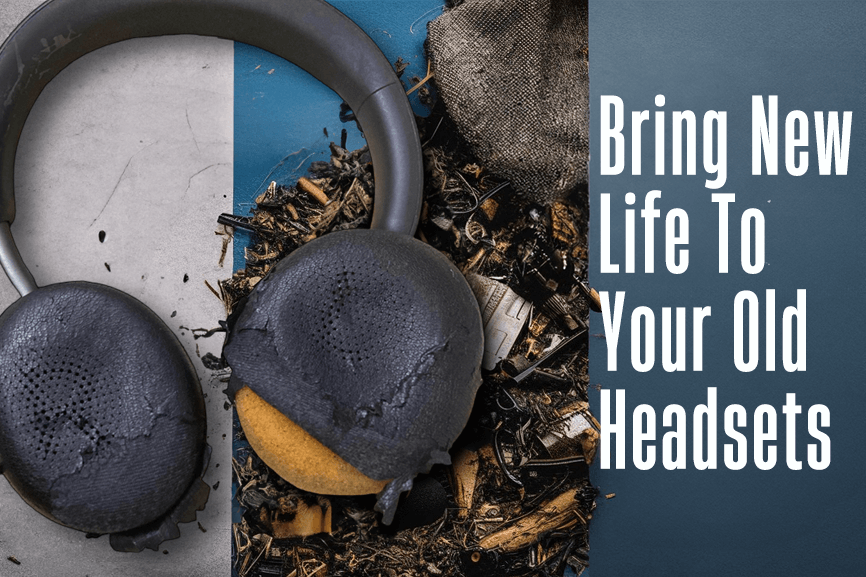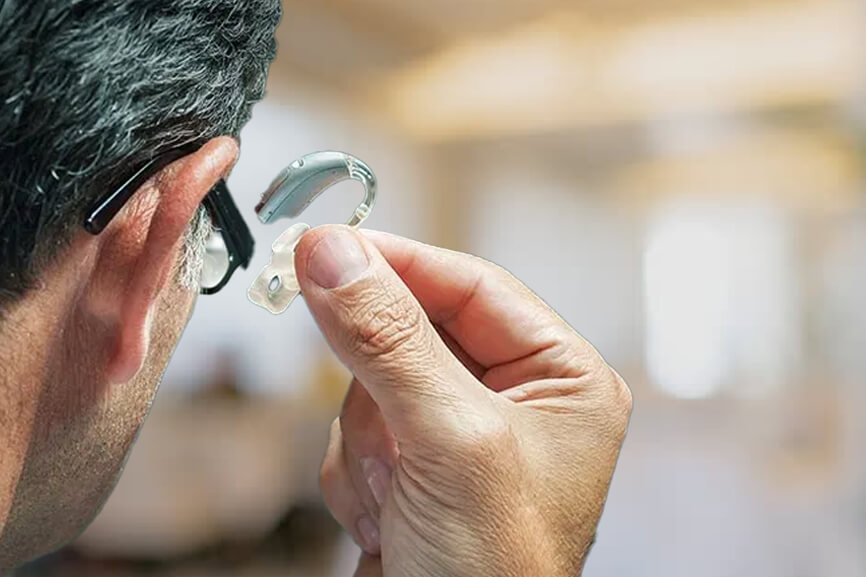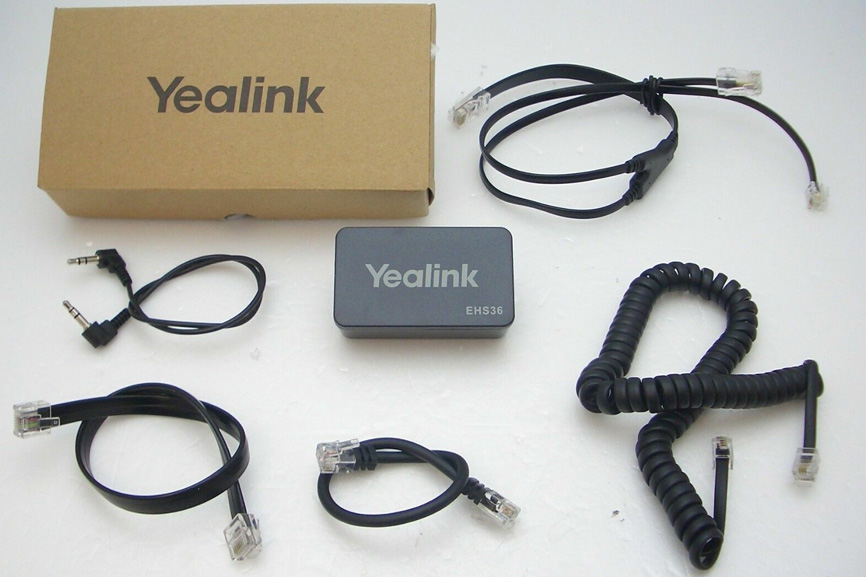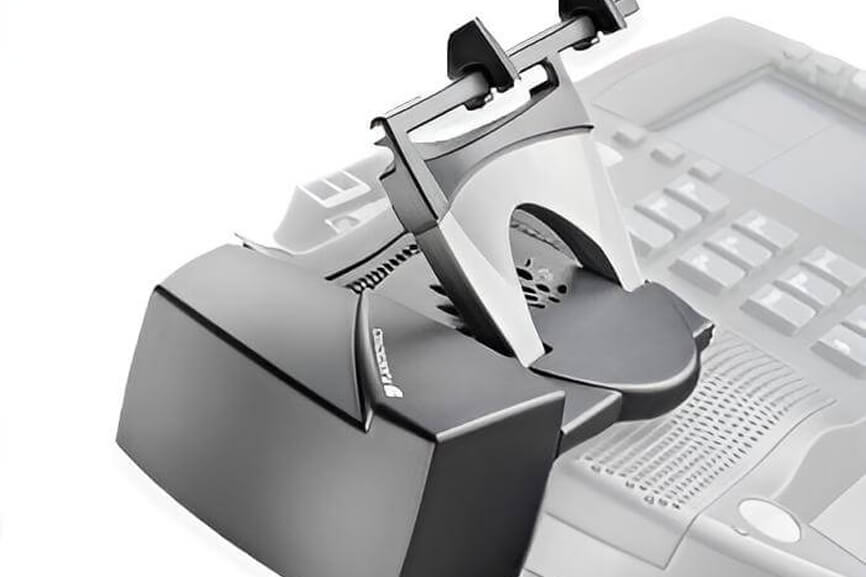Bluetooth vs Dect Headsets8 January 2024 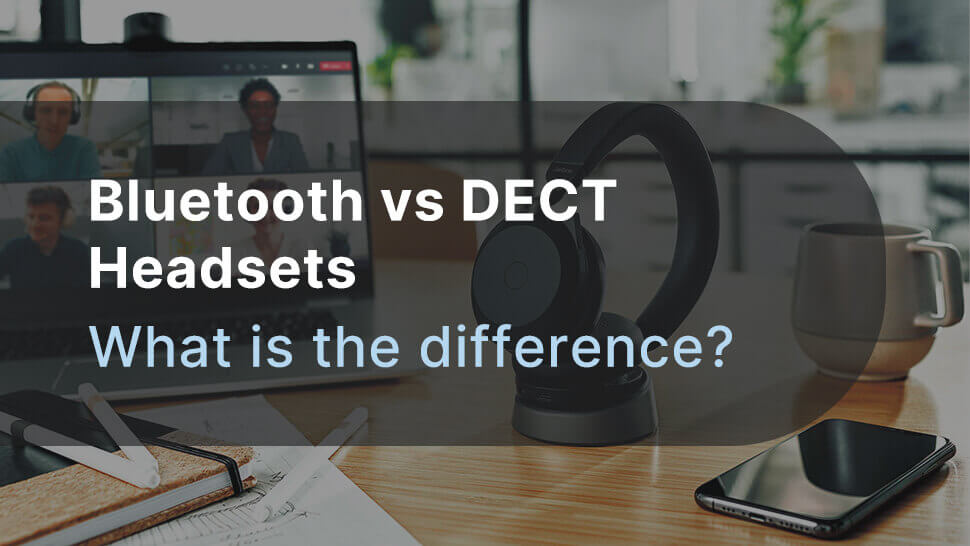 Dect Headsets- Best for Desk Phones Bluetooth Headsets- Widely Compatible
Bluetooth vs Dect Comparison Chart What is a Bluetooth and DECT headset?Bluetooth and DECT are two different types of technology used in headsets to deliver wireless freedom. Both are very common and serve two different purposes. Bluetooth headsets utilize short range radio frequencies to connect to certain devices such as PCs, laptops and mobiles and are great for connecting to mobiles or other Bluetooth devices. DECT (Digital Enhanced Cordless Telecommunications) headsets are known for their excellent range, clarity and security as we will discuss in the points below. It is important to note that DECT headsets are not inherently Bluetooth devices, but some models incorporate Bluetooth functionality. Bluetooth vs DECT RangeRange is one of the biggest differences between DECT and Bluetooth headsets. The range of most DECT headsets can vary anywhere from 80 metres to as far as 180 metres in the perfect environment, making DECT ideal for large open offices and workspaces. In contrast, Bluetooth headsets, can reach up to about 30 metres before they will start to cut out depending on what Bluetooth class they are in and how strong the Bluetooth connection is. Bluetooth can struggle in larger spaces, experiencing interruptions when pushed to their limits but it is perfect for someone who only needs a shorter wireless range. If you are someone that needs a long range headset, we definitely would advise you to go for a DECT headset. Bluetooth vs DECT PortabilityWhile DECT headsets offer exceptional range, they are generally not as portable as Bluetooth headsets. Most DECT headsets operate wirelessly from a base station (hub) and have to be plugged into a power socket, making them unsuitable for on the move workers. For example, you will not be able to use a DECT headset in your car as this has to be plugged in to a power unit. However, if you are a remote worker and you want to take your headset with you to different places and use it on the move then Bluetooth headsets are the perfect choice. If you want a DECT style headset without the need to plug the base unit in to a power socket every time then a DECT headset such as the EPOS Sennheiser SDW 5031 or the Yealink WH62 Portable would be ideal. These headsets combine DECT range with USB dongle portability making it easier to travel with the headset, perfect for working in 2 locations. Simply plug in the wireless DECT USB dongle to your device and away you go. Bluetooth vs DECT InterferenceIn a busy environment with multiple Bluetooth headsets / devices in close quarters, you are likely to face problems such as interference and connection issues. In this instance, we will always recommend DECT for those working together, using a headset within close proximity. Bluetooth devices will search for any other Bluetooth device and automatically connect to the most suitable, as you can imagine when there are 10 Bluetooth devices / dongles trying to connect to each other, it can sometimes cause issues. Even if you have locked your Bluetooth to your dongle and it works, there is a chance that you could still face interference problems from the surrounding devices. DECT headsets have a solution for this problem, they are much more secure and the pairing process occurs seamlessly when the headset is physically placed on the chosen base unit (stand) ensuring a reliable and interference free experience. DECT headsets that use dongles are also much more secure than Bluetooth. Bluetooth vs DECT ConnectivityThe great thing about DECT headsets is they have the potential to connect to lots of different devices. Most DECT headsets operate from a base station which can be plugged into PCs and desk phones as well as connecting to mobile devices via built-in Bluetooth. However, Bluetooth headsets primarily connect to PC (via USB dongle) and Mobiles (via Bluetooth direct). Bluetooth and DECT headsets are generally very easy to setup and connect. DECT headsets usually require you to dock your headsets onto the base to initiate pairing and Bluetooth dongles come pre-paired to the headset out the box, making them plug and play. If you need any help connecting, then please get in contact with us but it is usually pretty straight forward. Bluetooth vs DECT ChargingWith both devices they are simple to charge, to charge a DECT headset you will simply connect put it on the base unit and it will automatically start charging and they will usually have between 8-16 hours of talk time so you should never get any charging or battery issues using these. If you are using a DECT headset that uses a wireless dongle, you will be able to charge via the included cable. One significant downfall with DECT is you cannot use them while they are on charge, unless you have a DECT headset that comes with a DECT dongle and charge cable specifically for that model. Bluetooth, on the other hand, can be used on charge. You can charge Bluetooth headsets from a USB lead, where you can often also use it as a corded headset at the same time as it charging. Alternatively, you can purchase a charge stand. However, you can't use the headset while itís on a charge stand, these are better for when you are ongoing on your breaks or finished using the headset. Depending on the type of headset and model you purchase, all charging times are different. Some headsets charge faster than others and some have longer battery life so it's best to look into the headsets specifications beforehand and make sure it is suitable to you before purchasing.You can usually find this information in the headsets user guide or on the manufactures website. Bluetooth vs DECT SecurityWhen it comes to security DECT headsets take the lead, offering strong protection against unauthorized access to calls DECT utilises a 64-bit encryption. Once the connection is established, it becomes almost impossible anyone to tap into your calls, making sure all your calls are confidential. What is better?Overall it really depends on how you are using the headset and what devices you are connecting it to. If you are in a office all day and want to connect to a mobile, desk phone and PC then the DECT headset is by far the best choice. However if you work some from home or you are a hybrid worker or even work on the move then Bluetooth will be the better option. It also greatly depends on how much range you would like. Bluetooth is considered as a short range communication, where as DECT may be the better option if you are looking for a headset with extended range. If you are struggling to choose which headset you need then feel free to contact us via the live chat or call us on 01675 432 123 and we can help you. Positives and Negatives of DECT HeadsetsPositives- Excellent Range Negatives- Limited Portability (unless using dongle)
Positives and Negatives of Bluetooth HeadsetsPositives- Best for mobile phones and works on PC Negatives- Incompatible with most desk phones
Need more help?If you need more help feel free to email us directly at [email protected] or message us via the live chat app on the bottom right corner of the page
If you have some extra headsets lying around, that are either old or you just don't use them, why not just fill the form our and see if you can get any money from your unused or unwanted headsets? Its a win-win.
If you would like to see a list of our full refurbished headsets to get an idea of what we sell then please see the link here. If you have any further questions regarding our headsets, please get in touch with us at The Headset Store on 01675 432 123 or email [email protected]
|
